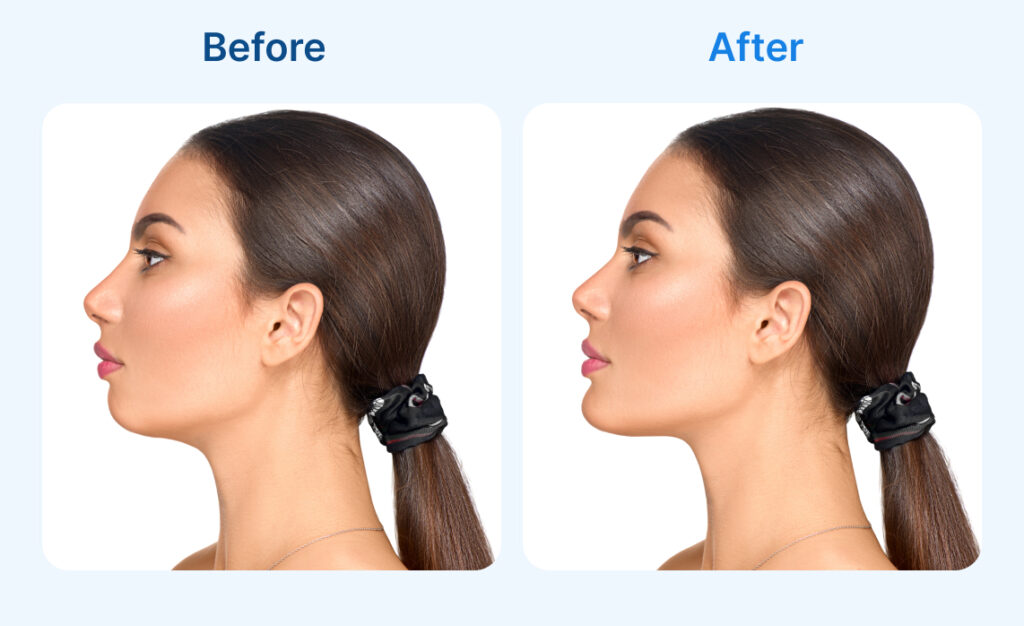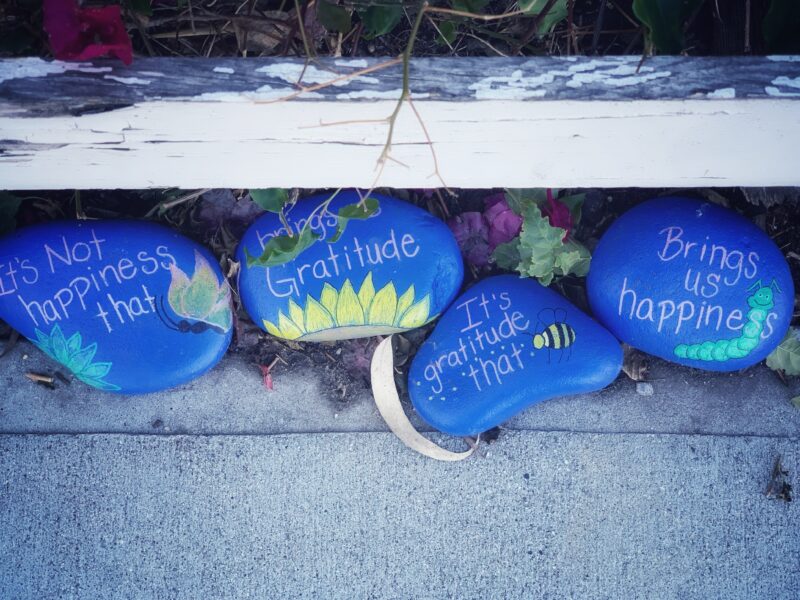Learn more about the significance of holistic therapies in supporting your recovery journey during the winter months. The post Winter Wellness: The Role of Holistic Therapies in Recovery appeared first on Beachside Rehab.

For those who are working to overcome an addiction, winter may be the most difficult time to stay on the path to recovery. Being cooped up indoors during colder weather with fewer daylight hours causes many people to experience social isolation, loss of energy, and possibly even seasonal depression. Holiday parties may offer a respite from the winter doldrums, but they are often a dual-edged sword because of the presence of alcohol and recreational drugs.
As the winter season arrives, a holistic approach may be key to your sobriety. Look to holistic therapies to maintain your well-being and to support your recovery journey.
What Are Holistic Therapies?
Holistic therapies take an all-encompassing approach to health and wellness that considers the whole person ó i.e., their physical, emotional, spiritual, and social well-being. These therapies are effective in helping individuals achieve balance and harmony within themselves and create a greater sense of wellbeing.
A holistic approach to recovery, which is practiced at Beachside Rehab, provides a more comprehensive, effective, long-term solution than traditional treatment methods alone. This approach acknowledges that there is no single, simple solution to achieving recovery. It looks at all the components that may contribute to addiction and structures a treatment that addresses those needs.
There are several holistic therapies that have proven effective in helping individuals with their addiction recovery, including the following.
Yoga and Tai Chi
For those who feel lethargic in the winter, yoga and tai chi in addiction recovery are ways to keep the body and mind active while also providing benefits of spiritual well-being.
Yoga involves fixed physical postures that range from simple to challenging, while tai chi consists of a series of continuous flowing movements that are linked with the rhythm of breathing. Both disciplines are excellent for the body, building muscle strength and endurance, increasing flexibility, and improving balance and mobility. They also provide mental health benefits, such as alleviating stress and anxiety, and help individuals become more in touch with their spirituality, which many find essential in a period of recovery.
Mindfulness
Mindfulness is an effective cognitive skill that has proven beneficial in addiction recovery. It helps the individual stay present in the moment rather than seeking an escape by using drugs or alcohol. Through meditation techniques such as deep breathing and guided imagery, individuals effectively reduce stress and anxiety and banish negative emotions. They also become more self-aware, allowing them to recognize cravings and triggers that are most likely to derail their recovery.
Nutrition and Fitness
Taking a holistic approach to addiction treatment also includes focusing on healthy living habits, such as good nutrition and regular exercise.
For those in addiction recovery, eating well is especially important in helping you stay healthy and energized. A well-balanced diet with sufficient vitamins and nutrients gives your body the fuel it needs to fight cravings and lessen withdrawal symptoms.
Good nutrition is often harder to achieve in the winter because of the abundance of sugar-infused treats at holiday gatherings. Too much sugar can be tempting for those in recovery because it diminishes the craving for drugs or alcohol. Itís important not to give in to these sugar cravings because of the detrimental impact on your health.
Exercise also is an important component of a holistic approach to recovery. Those who exercise regularly benefit from the release of endorphins and serotonin, which have been shown to decrease cravings, provide better sleep, lessen anxiety and depression, and improve overall health and well-being.
Hydrotherapy
Hydrotherapy is another holistic therapy useful in addiction recovery. In the winter, using a hot tub or sauna will warm your body while also relaxing your muscles and alleviating stress. If you have access to an indoor pool during the winter, swimming will similarly allow you to achieve therapeutic value. Taking a dip in a pool has been associated with such benefits as increased mindfulness, improved mobility, increased endurance, and improved muscle tone.
Art and Music Therapy
Providing individuals with an outlet for creative expression is frequently used in a holistic approach to recovery. Art therapy, for example, gives people a chance to express themselves by painting or drawing when words are too difficult or inadequate to get their true feelings across. Music therapy, meanwhile, can take many forms, from listening to music for its soothing qualities to actively engaging by singing, playing an instrument, or songwriting. Music can alter moods by promoting relaxation and overcoming depression, stress, and anxiety.
Beachside Rehab offers a broad range of therapies as part of its holistic approach to recovery. Using holistic therapies can help recovering individuals get through the darkest days of winter, giving them hope for brighter days ahead.
Beachside Rehab offers a holistic approach to guide your recovery journey. Contact our trained admissions counselors at 866-349-1770 to start your journey.
†
Photo by Kaylee Garrett on Unsplash
†
The post Winter Wellness: The Role of Holistic Therapies in Recovery appeared first on Beachside Rehab.


















